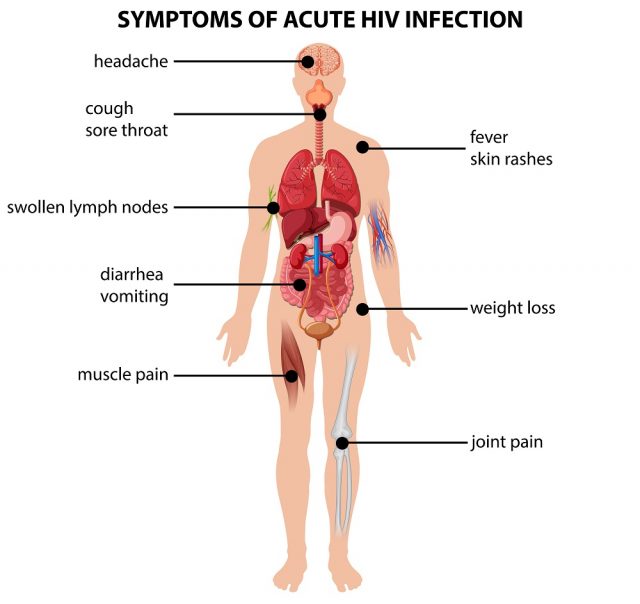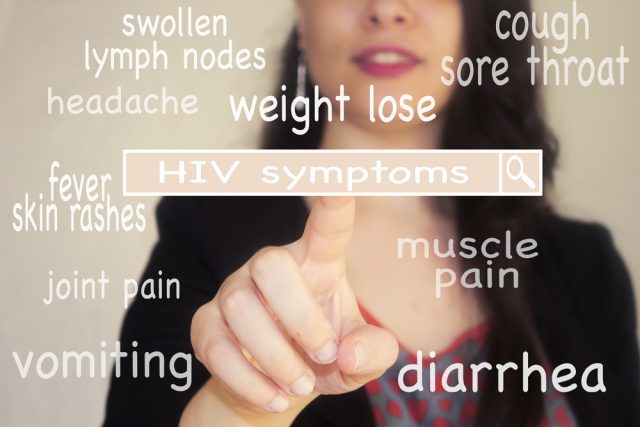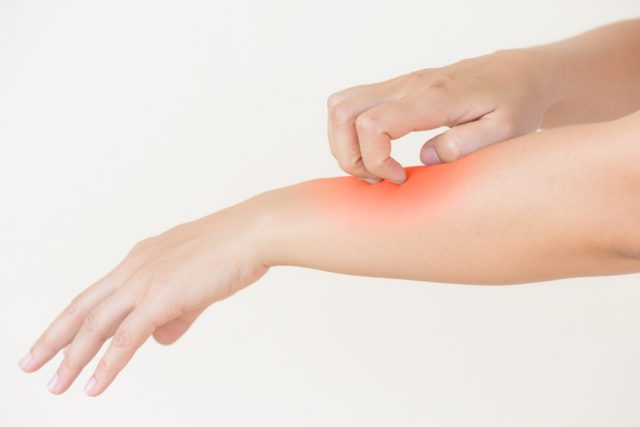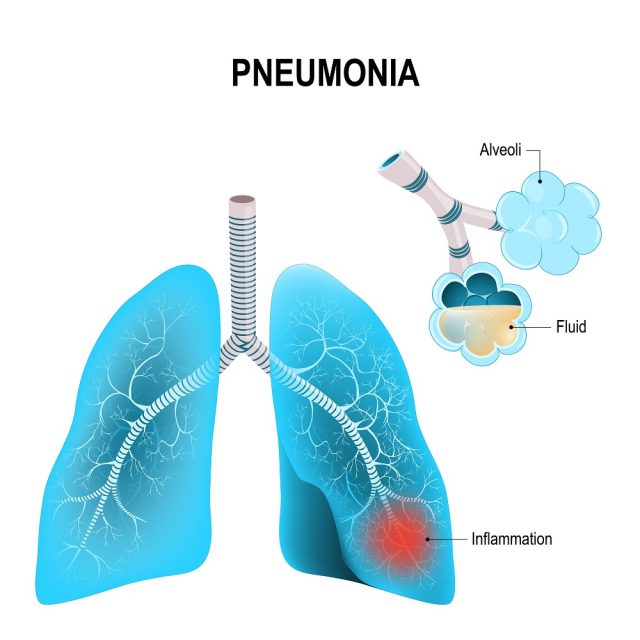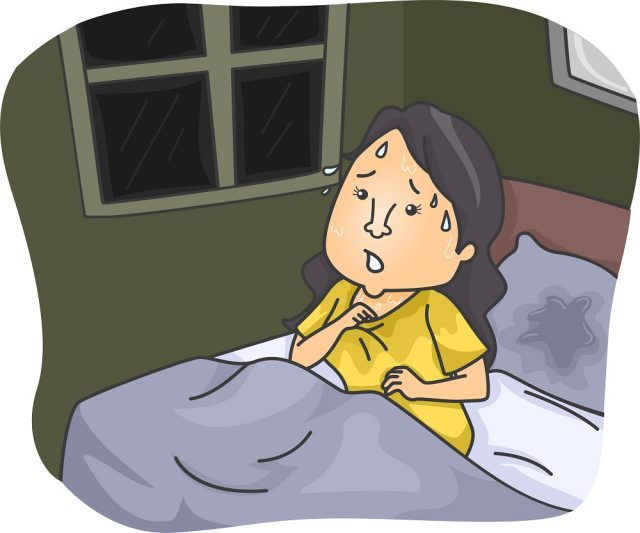Early Symptoms of HIV
HIV is a dangerous virus that has a major impact on the immune system, especially on CD4 cells. Note that these cells are responsible for the protection of the body from severe illnesses. Most viruses can be easily eliminated by the immune system, but the terrible fact about HIV is that it has a direct impact on the ability of an immune system, so the human body becomes susceptible to many other diseases and lose its ability to stay healthy.
Experts reveal that symptoms of HIV generally keeps on varying from person to person. There are rare chances when two patients suffering from HIV show all similar symptoms; however, HIV can usually be defined in the form of three common factors: acute illness, asymptotic period and advanced infection. The most common reason behind this disease is unprotected sex with one or multiple partners; however, some people are also in trouble due to infected blood injections.
When a person gets infected with HIV virus, he/she starts experiencing its symptoms within one or two months. Generally, 40 to 90 percent people start suffering flu-like symptoms; the disease is named as an acute retroviral syndrome. But the strange fact is that actual symptoms of HIV stay hidden even for a year inside the infected body. There is no common symptom or sign of HIV that can help you to recognize an infected person. Even reports say that most people don’t even know if they have it; the disease may keep on attacking silently even for several years. There is no trusted treatment to deal with HIV; the only thing that you can do is stay protected and use preventive procedures. Below we have listed few common early symptoms of HIV that may help you to identify the disease on time.
Early Symptoms of HIV
-
Fever:
One of the most common signs of HIV is mild fever; that can range even up to 102 degrees F. In this state, a person may suffer little fatigue, sore throat problem or swollen lymph glands. Note that at this stage virus is just moving into the blood and once it reaches bloodstream; it starts multiplying fast. The result is an inflammatory reaction in the immune system.
-
Fatigue:
The inflammatory response causes by your tired immune system can also make you feel lethargic and inactive. Studies reveal that fatigue can be early as well as later sign of HIV. You will not be able to walk for a few miles or move on the stairs to few floors up.
-
Achy muscles, swollen lymph nodes, and joint pains:
Many times, HIV symptoms are mistaken as common flu, viral infection or mononucleosis. It may also be misunderstood as hepatitis or syphilis. But there is nothing to feel too strange about it because the symptoms are pretty same including swelling in lymph nodes, muscle, and joint pain. Note that lymph nodes are an essential part of the immune system so when HIV virus attacks this essential part of the body, these nodes get inflamed at infected area. Most of these nodes are located at neck, groin and armpit area.
-
Sore throat and headache:
Like many other symptoms; the headaches and sore throat problem caused by HIV are also misinterpreted as common disease symptoms. In case if you suffer more troubles due to these symptoms, it is better to get tested for HIV because it is possible to take appropriate preventive steps at an early stage. Note that at initiate stage, HIV antibodies are not fully developed in the body, and they do not appear in the blood test, but it can be noticed after few months. You can look for few other tests that help to detect viral RNA; it can be done within 9 days of the infection.
-
Skin rashes:
Some people face skin rashes as a late symptom of HIV, but few may even observe these rashes at an early stage of infection as well. They appear like boils and may create itchy pink areas on arms. Sometimes, these rashes also appear on the trunk of the body. In case if the common medications are not able to treat these rashes on your skin, it is better to look for an HIV test at the medical center.
-
Diarrhea, vomiting, and nausea:
People in the age group of 30 to 60 often develop short-term nausea, diarrhea and vomiting symptoms due to HIV. These symptoms may also occur after certain kind of antiretroviral therapy. If your diarrhea is not responding to any kind of medication and normal therapy; it is good to get tested for HIV. However, in some cases, these symptoms can also be developed by some other organisms that are missing in the body of a healthy person.
-
Weight loss:
Medical health professionals reveal that weight loss is also a common sign of advanced illness and it can also result after severe diarrhea caused by HIV infection. In case if your weight loss is out of control; there are chances that your immune system has begun depilation, and now it is not able to fight against disease symptoms. The patient who is already losing weight also stops eating proper diet due to the decay of inner health status. In general, a person affected with HIV may lose around 10% of his body weight within one week due to diarrhea.
-
Dry cough:
Dry cough is also a common sign of HIV infection, and it may last even for a year or 6 months getting worse day by day. The sad part is that this issue cannot be treated with any kind of inhalers or antibiotics; the allergy and cough may keep on increasing.
-
Pneumonia:
The weight loss and cough can further bring one more health issue to your body in the form of pneumonia that otherwise cannot attack human immune system with ease. There are so many opportunistic infections that can try to take over the body when a person loses the ability of its immune system. The list of other possible infections may include toxoplasmosis that us a parasitic infection and has a major impact on the brain. Some people also suffer from a kind of herpes virus named as cytomegalovirus.
-
Night sweats:
More than half of the people suffer from night sweats due to HIV infection; however, this symptom can be more observable at a later stage of the disease. Note that these night sweats are not related to room temperature or exercise level. Same as those hot flashes that woman suffers at the time of menopausal; these sweats are also hard to avoid. They can completely soak your sheets and bedclothes.
-
Nail changes:
Another common sign of HIV infection is nail changes; it may be sudden curving or thickening of nails. Some people also suffer splitting or discoloration of nails or may observe brown and black lines in horizontal or vertical direction on nails. Patients having weak immune system due to HIV infection are more affected by fungal infections.
-
Yeast infections:
Another commonly observed symptom associated with HIV is thrush that is well-known mouth infection. It happens due to a type of yeast that is named as Candida. It is one of the most commonly observed fungal infection in ladies and shows more symptoms on esophagus or mouth area that makes it difficult to eat and swallow. When this infection happens due to the presence of HIV virus in the body, it becomes quite hard to get rid of it because no medications work to provide relief.
-
Difficulty in concentrating:
Cognitive problems are another common sign of HIV related dementia, but very few people suffer from this issue at an early stage of infection. It may also cause difficulty in concentrating or creates lots of confusion. AIDS-related dementia can also cause many other memory-related problems or behavioral issues such as irritability and anger. It may also include motor changes such as feeling lack of coordination, clumsy or difficulty in writing.
-
Genital herpes or cold sores:
Genital herpes or cold sores can also be a common sign of HIV virus or AIDS. As genital herpes causes some ulcers on the skin at genital area, so it becomes easier for viral to travel into another body at the time of unprotected sexual intercourse. Sometimes, these cold cores are also developed in the mouth area, and it can cause oral infections as well. People that are infected with HIV virus are more in trouble due to herpes outbreaks and cause weakening of immune system.
-
Tingling sensation or weakness:
Patients suffering from HIV also report tingling sensation and numbness on feet and hands. This condition is named as peripheral neuropathy. This problem is also observed in people suffering from uncontrolled diabetes. In general; these symptoms can be treated with some over the counter medications but when a person is affected with HIV virus; it becomes difficult to get complete relief. Some females also suffer regulations in their menstrual cycles due to HIV infection.

